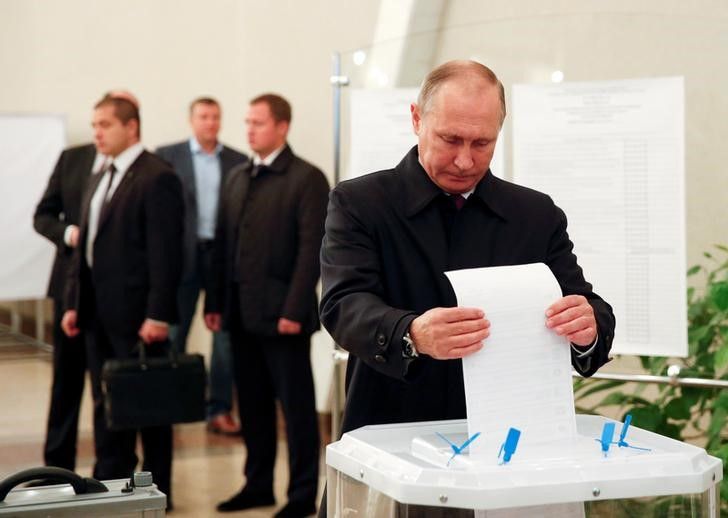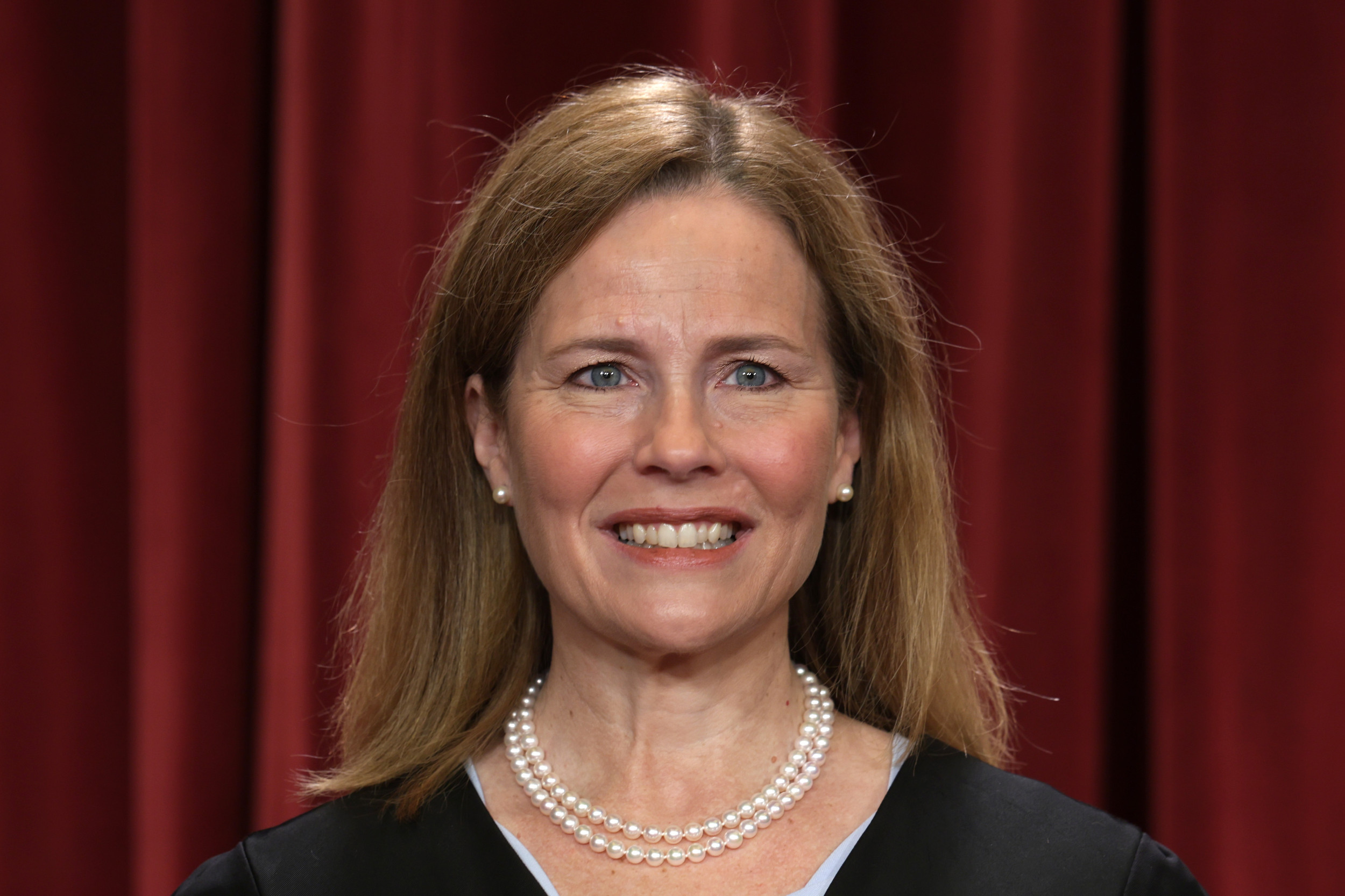
This article first appeared on the Wilson Center site.
Russian society and the Kremlin seem to be forging a new agreement.
The population has silently consented to abide by the rules of the system and seek no major political change. On the other hand, the Russian people are increasingly ready to assert their social and economic rights.
The Kremlin, taking this as a workable bargain, is striving to respond favorably where possible.
The results of the protests and counter-protests surrounding the elections of 2011–12, which led to the imposition of harsh penalties for "unauthorized actions," apparently instilled deep disappointment and lack of faith in society's ability to effect change.
"The story of the protests has shown that nothing has really changed in the country," says Alexei Grazhdankin, deputy director of the Levada Center, an independent polling organization. "People fear what has happened in Ukraine and don't consider political protest to be peaceful action. They also understand that the authorities do not accept demonstrations as a form of dialogue: they remember the prison sentences in the Bolotnaya case."
Grazhdankin is referring here to those who were arrested for relatively minor offenses or no offenses at all after the May 6, 2012, protests and given up to four years in prison or camp. Some are still serving time.
This does not mean that everyone is happy. In fact, many are quite unhappy with their dwindling incomes, with the poor economic environment for their businesses, with corporate cost-cutting and wage arrears. There were 263 labor-related protests in the second quarter of 2016 in 65 of Russia's 85 regions, an increase of 34 events over the first quarter's tally, the Center for Economic and Political Reform found recently.
Collective action is reported to have increased throughout the country, but none of that activity is seen as political by the organizers themselves. They are asserting their social and economic rights, while making a point of not questioning the country's political direction. The disaffected are appealing to President Vladimir Putin, not to any of his aspiring challengers.
Earlier this year the farmers of Krasnodar krai, a southern, mostly agrarian region of Russia, began organizing an event at which they planned to launch a hot-air balloon with a portrait of Putin and an appeal for him to come and help tame the arbitrary rule of local officials and corporate bosses. The local police detained one of the organizers, Yevgeny Volchenko, before the organizational meeting to undermine the event.
The Krasnodar region activists call themselves "Polite Farmers," a pun on the expression "polite people" used by the state-run television commentators in reference to the Russian forces engaged in annexing the Crimean Peninsula in 2014. By coming up with a well-meaning slogan rather than any of the angrier kinds used during the 2011–2012 protests, the farmers signaled their general loyalty to the Kremlin.
Their next symbolic display, in the form of a convoy of 17 tractors that set out on August 22 for Moscow from the town of Kazanskaya, was cut short by the authorities on August 23. The farmers appealed to Putin even after some of the organizers had been arrested and charged with "unsanctioned protest."
The Polite Farmers recorded a video stating that their region was torn by arbitrary rule and the illegal redistribution of land in favor of large corporations. "Our one request to Vladimir Vladimirovich is to pay attention to the villages and towns of Kuban, take action and help those of us who, after the tractor march, were jailed with the help of falsified protocols and illegal court rulings," the farmers said in their video message.
Earlier attempts by long-haul truckers to protest the introduction of a new, costlier system of payments for their use of federal roads ended in a similar way. The truckers also appealed to the Kremlin rather than to any of the opposition movements. They even created a grassroots professional association, the Association of Russian Carriers, a major novelty in Russian labor relations.
No formal concessions were made to the protestors, but it is understood that the truckers' leaders have been able to reach an informal deal with the Kremlin that allows them to pay a fraction of what is due under the new rules: an ideal bargain from the Kremlin's viewpoint.
The Kuban farmers are planning to turn their informal movement into a national organization too. They have established contact with the truckers and are thinking of combining their efforts. "We are not contacting any political forces, although we are ready to accept any help," reiterates Volchenko, leader of the farmers' movement, in an interview with Nezavisimaya newspaper.
The Kremlin seems to have started distinguishing between the politicized urban protest and the "well meaning" labor and economic one. The knee-jerk reaction of cracking down on and suppressing any unauthorized activity is giving way to a more thoughtful treatment of potential partners.
The presidential administration recently telephoned Volchenko to arrange a meeting with the president himself. The meeting, which is likely to be joined by the truckers, is expected as soon as September 23.
Harassing the protesting farmers and truckers was a case of extreme myopia on the part of the authorities. The Kremlin is now retracting its error. Meeting with polite farmers and gentleman truckers will help to forge a model alliance between Moscow and local players over the heads of the politicized opposition. What more could a Moscow ruler dream of?
Of course, it remains to be seen whether Putin will be able to produce any of the changes the petitioners are seeking from him. The Kremlin has repeatedly shelved judiciary and law-enforcement reforms that are needed to address the farmers' and truckers' grievances. Disappointment is the likely medium- to long-term outcome.
But by that time the most active local leaders will have been co-opted by Moscow. Will these direct czar-to-subjects deals be able to replace regular politics? They never really work and are notoriously hard to sustain. As soon as news of a successful meeting with farmers spreads, an endless line of people with similar problems will form outside the Kremlin gates.
We have been there before. But Russian society is learning. Anew.
Maxim Trudolyubov is a senior fellow at the Kennan Institute and editor at large with Vedomosti.
Uncommon Knowledge
Newsweek is committed to challenging conventional wisdom and finding connections in the search for common ground.
Newsweek is committed to challenging conventional wisdom and finding connections in the search for common ground.
About the writer
To read how Newsweek uses AI as a newsroom tool, Click here.








